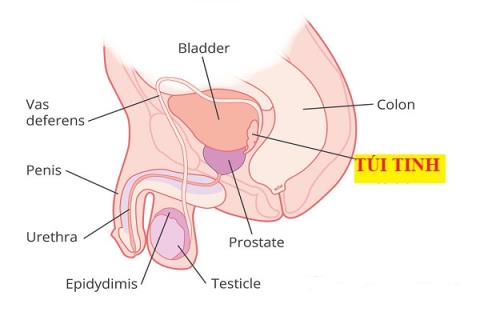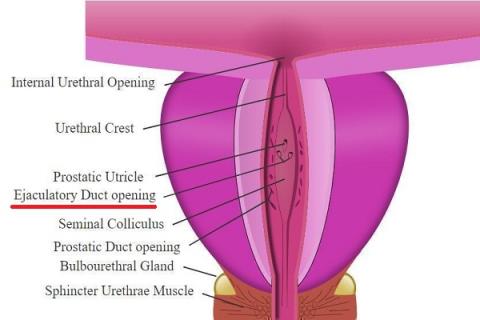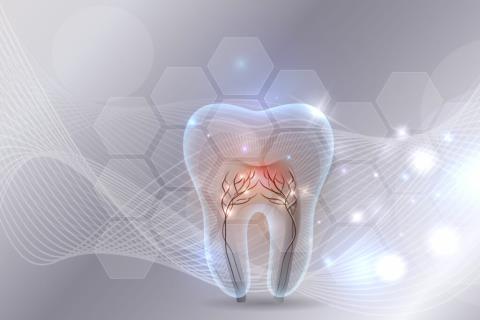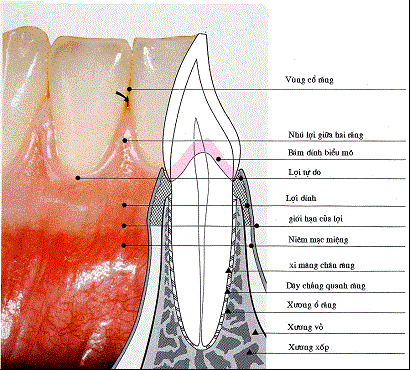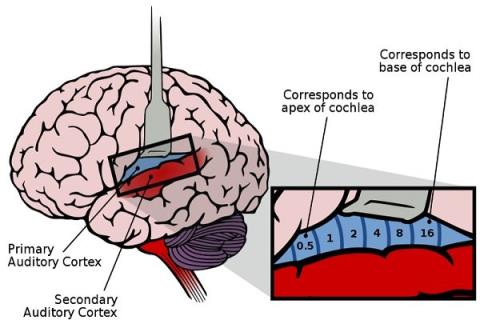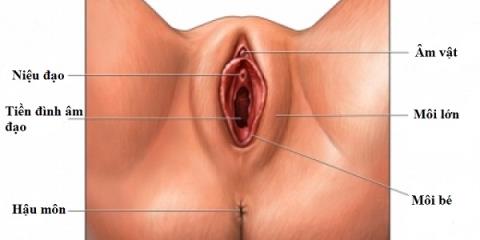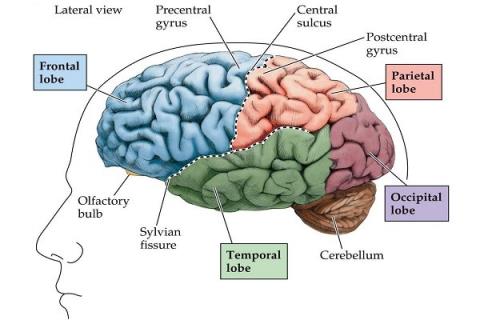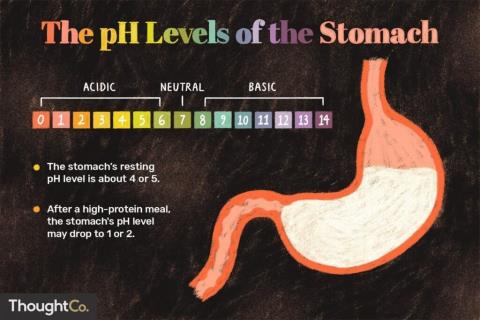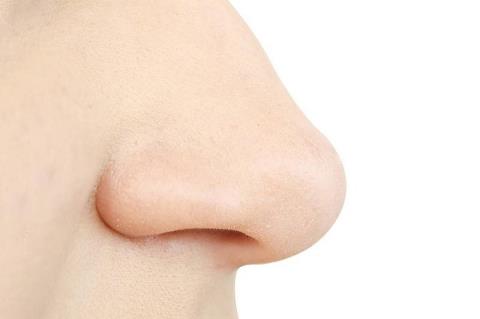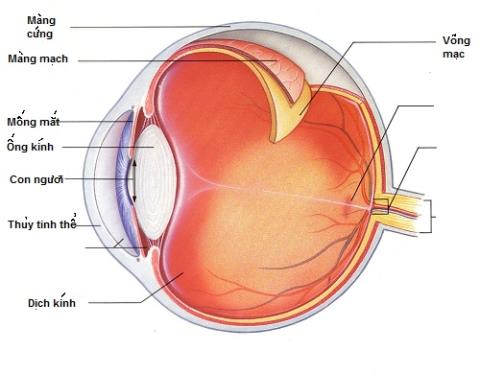Human armpit hair is one of the most common types of hair on humans. In particular, this type of hair appears in almost all men. However, up to now, the information about armpit hair is not known much. So what is the structure and function of armpit hair? Is it redundant or not? Let's find the answer through the following article!
content
1. Overview of armpit hair in humans
Human armpit hair has the English name "Underarm hair" or "Armpits hair". This is the type of hair that grows in the underarm area, in the armpit pit. Armpit hair along with pubic hair begins to grow from puberty. It stops growing at the end of this puberty when we're about 18 years old.
For men, the appearance and existence of armpit hair is a very normal phenomenon. In many cases, that concept is the attraction of men. However, women with a lot of armpit hair showed great distress. Because it causes loss of aesthetics and reduces femininity.
2. Function of armpit hair in humans
Armpit hair in humans has the main effect of excreting sweat and sebum from the body. There are two types of sweat glands in the human body: normal sweat glands and oily sweat glands. In particular, the oil sweat glands are usually concentrated in the armpit pit. It also acts as a sex appeal.

Armpit hair has the effect of attracting sex.
Therefore, underarm hair also helps to retain the typical male scent. It has the effect of stimulating and attracting women. In addition, there are many opinions that armpit hair helps to reduce rubbing between the skin of the forearm and the skin of the chest. Limiting sweat stagnation should help people avoid inflammation in this location.
3. The formation and growth of armpit hair
Armpit hair, also known as axillary hair, begins to appear at puberty, at the age of 10 to 12 for girls and 11 to 14 for boys. The pituitary gland then activates a group of hormones called androgens in the ovaries and testes.
See also: 5 common harmful habits before going to bed .
These sex hormones cause the apocrine sweat glands to start working. The human body also has another sweat gland, the sweat gland, located in the palms of the hands and soles of the feet. Apocrine sweat glands are associated with hair follicles in the pubic and armpit areas.
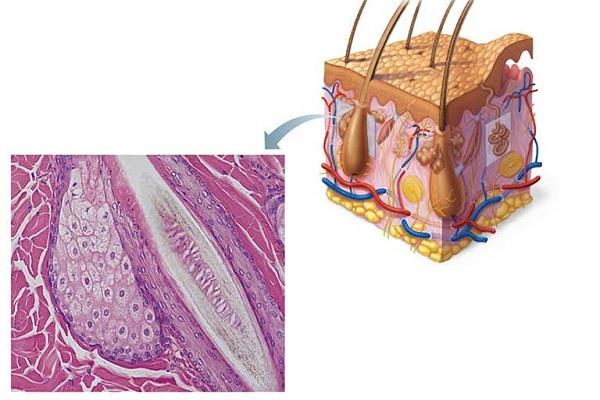
Apocrine sweat glands.
Facial hair, armpit hair and pubic hair are all the same type of hair, known as "terminal hair". It begins to grow as fine hairs (fluff). And at puberty, it begins to change and grow into coarse hair. It falls off often. Therefore, the longest underarm or pubic hair should be no more than 15 cm in length.
4. The benefits of armpit hair in humans
Although sometimes inconvenient, armpit hair is beneficial to the body in many ways.
4.1. Armpit hair helps secrete pheromones
Armpit hair can really help you catch your mate. This is because the armpits secrete an odorant that contains pheromones, a natural chemical that plays a role in sexual attraction. By leaving the armpit hair intact, you will somewhat reduce the odor in the armpit. Because moisture (sweat) clings to armpit hair. This feature makes the pheromones even more potent.

Pheromones attract sex.
A 2018 study was conducted on 96 heterosexual (heterosexual) couples. Researchers have found that smelling a person's natural scent has a stress-reducing effect. The researchers asked the men in the study to wear the shirt for 24 hours. Also, do not use any deodorant or scented products.
See also: Sperm: an important male sex cell .
After the women smelled their partner's shirt, they completed several tests to determine the results. This includes a short interview and a saliva sample to measure cortisol. Ultimately, the researchers discovered that there was something appealing about the body's natural scent.
4.2. Armpit hair helps reduce friction
Armpit hair prevents skin-to-skin contact when performing certain activities, such as running and walking. The same goes for pubic hair, as it reduces friction during sex and other activities.
4.3. Armpit hair helps prevent a number of health problems
It prevents a number of health conditions
In addition to reducing friction, not shaving underarms can prevent a number of health problems such as:
- Ingrown hairs.
- Acne in the armpit.
- Excess flesh in the skin.
- Skin irritation.
- Folliculitis.
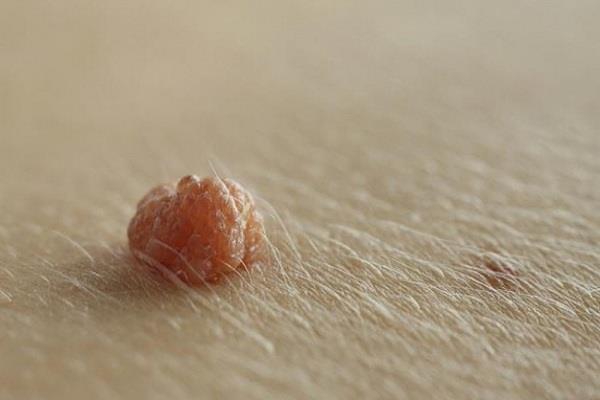
Armpit hair in humans helps to prevent excess meat.
5. The benefits of armpit hair removal
Removing armpit hair will bring us some of the following benefits:
- The skin under the arms looks more aesthetic, cleaner, especially for women.
- You will sweat less.
- Less unpleasant body odor.
A study was done in a large number of men in 2016. Researchers have found that removing underarm hair significantly reduces underarm odor within 24 hours afterwards. Similar results were first found in a 1953 paper.

Removing armpit hair in women looks more aesthetic.
In both studies, it was found that removing underarm hair helps soap and cleaning products more easily penetrate the skin and hair follicles. This helps to effectively reduce underarm odor.
6. Some cases do not have armpit hair
If your body does not have armpit hair, this could be the result of genetics or certain health conditions.
Health problems include:
- Diabetes
- Kidney diseases, such as: Kidney failure, kidney tumor, etc.
- Asthma
- An underactive thyroid or pituitary gland.
Hypopituitarism will not have armpit hair.
In addition, for cases of armpit hair removal, hair will not grow back for 6 to 12 months. Or grow back but very short and thin, difficult to see with the naked eye. This is a condition where there is no armpit hair because people actively remove hair.
7. Should armpit hair be removed?
7.1. General opinion
Some people don't mind the hair under their arms. While some people like their armpits to look hairless. For those who like the smooth, hair-free feeling under their arms, shaving underarms makes sense.
Shaving problem.
For women, almost all women do not want the presence of hair under their arms. As for men, it is a sexual attraction. However, now there are many guys who remove their armpit hair to look cleaner and more aesthetic.
7.2. Opinions of experts
Whether to remove armpit hair or not is up to each person's personal opinion. It is best for women to remove armpit hair because its presence looks very unsightly. As for men, if there is no problem, you should leave armpit hair. Shaving underarm hair in men should only be done in some cases:
- Parasites such as pubic lice, fleas.
- Sweat has an unpleasant odor.
- Bodybuilders and gymnasts often have to show off their bodies.
- Injuries and injuries in the armpit area require surgery, minor surgery.
- Some cases are due to the request of the lover, the wife (common in European - American culture).
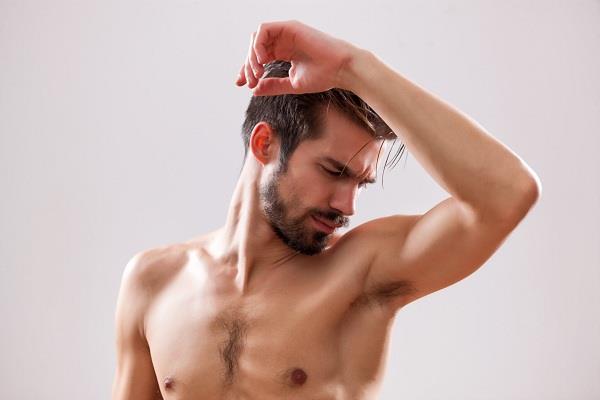
Armpit hair removal in men.
7.3. How to remove armpit hair?
Some of the more common underarm hair removal methods include:
- Shaved.
- Use tweezers to pluck hairs.
- Use hair remover.
- Hair removal with light waves.
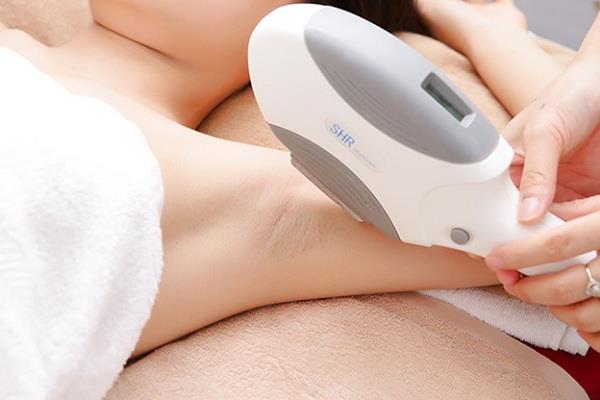
Underarm hair removal with light waves.
In general, each method has certain advantages and disadvantages. Depending on the opinion of each individual, you can choose a suitable armpit hair removal method. The core issue is that you should keep the underarm area clean, use safe deodorant products.
See more: The problem of armpit hair removal in men that you need to know.
Hopefully with the information that the article has provided, readers will have a better understanding of armpit hair in humans. From there, you will know the benefits of hair removal as well as hair removal. Depending on each specific case, you should choose the method of armpit hair removal according to your personal opinion.
Dr. Nguyen Lam Giang
